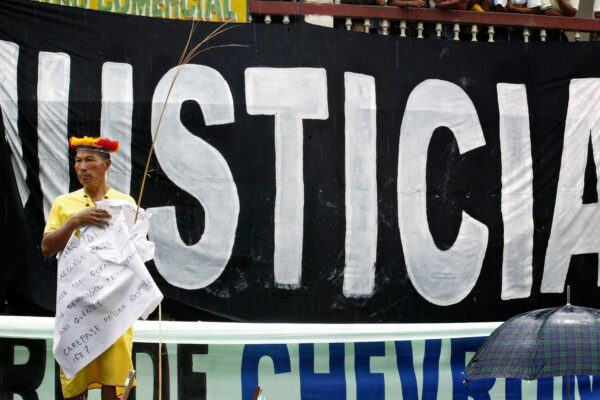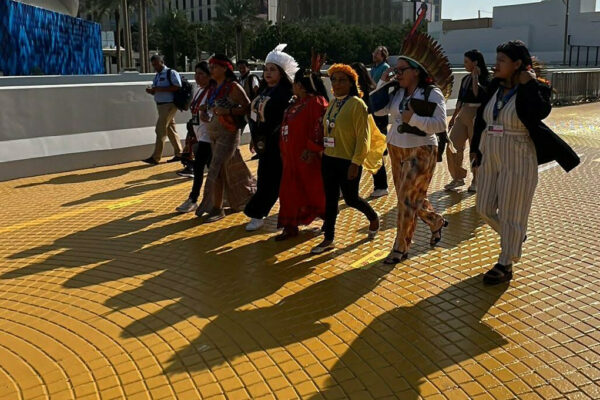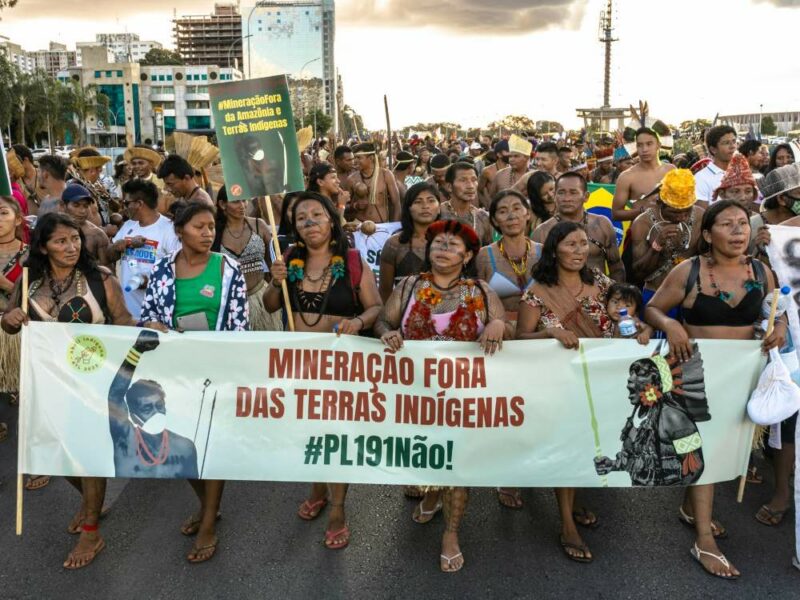Even as world leaders signed off on new commitments to sustainable development in Rio de Janeiro last week, Brazilian politicians were debating a bill that would open up the nation’s vast indigenous territories for mining.
The bill, under which miners would gain access to Indian lands in return for paying the indigenous owners a percentage of their profit, has angered native peoples already under intense pressure from loggers, ranchers and hydroelectricity companies.
“I have heard about this discussion; people talking about the legalisation of mining in indigenous territories,” Raoni Txucarramae, the 82-year-old chief of the Kayapo tribe, told the Financial Times. “I don’t accept that. I will continue to speak against this. I won’t accept money from mining, from logging, from dams.”
While much of the discussion at the Rio +20 summit was about global environmental problems, the conference has also drawn attention to a series of heated environmental debates raging in Latin America’s largest economy.
Foremost among these is a dispute over the so-called forest code. It governs how much vegetation farmers are required to maintain on their land, particularly in the Amazon, amid claims from environmentalists that the law offers an amnesty for farmers who illegally deforested in the past.
Any legalisation of mining on these lands would open the way for the world’s biggest mineral exploration companies, including Brazil’s Vale, which already has extensive operations in the north-east of the country.
Another environmental controversy in Brazil is over the Belo Monte dam, a large hydropower project that will affect indigenous tribes in Brazil’s Amazonian state of Para, and the mining law, which is being pursued in Congress by a special commission.
Chief Raoni, arguably Brazil’s most senior Indian activist who teamed up in the 1980s with British rock star Sting to draw attention to the rights of indigenous peoples, said he was distrustful of the Rio+20 conference’s central theme of building “a green economy”.
“White people don’t want to preserve any forest for the future,” he said. “Why won’t they preserve the forest for posterity? This is what worries me.”
The mining bill was first drafted in 1989, was rewritten in 1996 and then resurfaced earlier this year in the special committee hearings.
Mining of indigenous lands is today illegal under the constitution but the bill would seek to “regularise” this by proposing that about 2 to 3 per cent of the gross revenues of any mine be given to the local indigenous communities.
According to local media reports, the idea is for the government to analyse and approve those areas to be explored and would then hold a tender for the mining rights.
Areas with indigenous villages that have not yet been contacted would not be included but other tribes would not be able to block any mines sanctioned by Congress.














